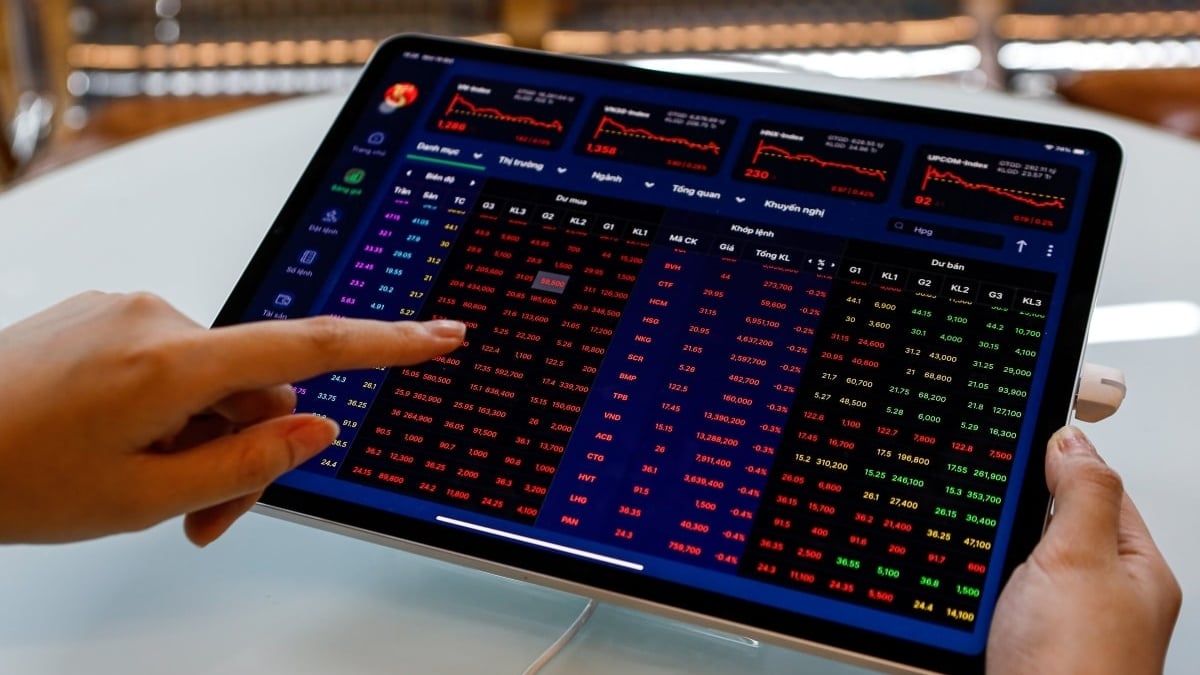The International Monetary Fund (IMF) is optimistic about the world economy this year thanks to improved consumption, employment and supply chains.
In its updated Global Economic Prospects report released on January 30, the International Monetary Fund (IMF) raised its forecast for global economic growth. Accordingly, global GDP could increase by 3.1% in 2024, an increase of 0.2 percentage points compared to the forecast made in October 2023.
The forecast for 2025 is unchanged at 3.2%. However, growth is still below the 2000-2019 average of 3.8%.
Trade is forecast to grow by 3.3% this year and 3.6% in 2025. Both are below the average of 4.9%, weighed down by new trade barriers imposed globally.
"The global economy continues to show impressive resilience. Inflation is down and growth is picking up. The likelihood of a soft landing is rising. We are far from a global recession," said IMF chief economist Pierre-Olivier Gourinchas.
The IMF said the global outlook has improved thanks to rising public and private spending. Labor force participation rates have increased. Supply chains are gradually recovering and energy and commodity prices are also inching up.
However, the IMF chief economist also warned that downside risks remain. Geopolitical tensions in the Middle East and attacks in the Red Sea could disrupt commodity prices and supply chains. In addition, countries delaying the announcement of fiscal consolidation policies amid major elections this year could both boost economic activity and increase inflation.
The IMF kept its forecast for global inflation this year at 5.8% and down to 4.4% in 2025. Overall, inflation will decline worldwide, except in Argentina.
The US and China - the world's two largest economies - both have their growth forecasts raised this year. US GDP is expected to grow 2.1% in 2024, supported by consumer spending and fiscal policy.
China's GDP is likely to grow by 4.6%, reflecting fiscal support from the government and a smaller-than-expected impact on growth from the property crisis.
Ha Thu (according to Reuters)
Source link
























![[Photo] National Assembly Chairman attends the seminar "Building and operating an international financial center and recommendations for Vietnam"](https://vphoto.vietnam.vn/thumb/1200x675/vietnam/resource/IMAGE/2025/7/28/76393436936e457db31ec84433289f72)











































































Comment (0)